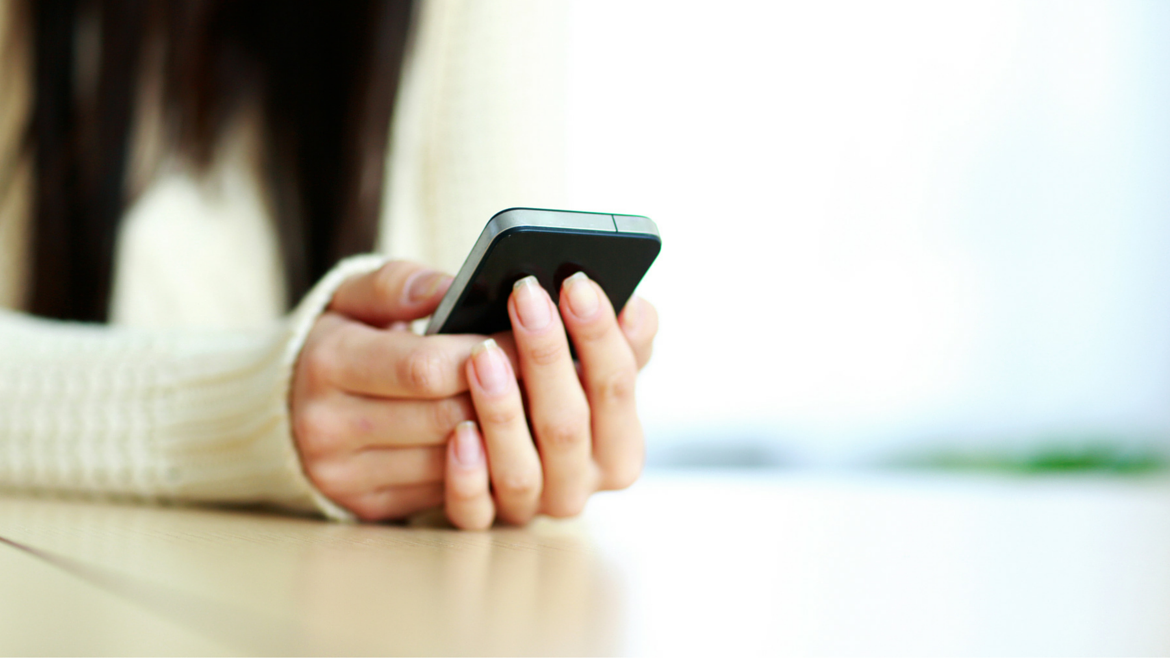Mobile health applications are becoming an increasingly important tool in improving physical and mental wellbeing. Mobile apps can inform, alert, monitor and enable communication. They are inclusive—available to everyone who has a mobile phone—and convenient to use. Especially in countries with poor land-line communications infrastructure, this technology is increasingly being used to fill a void in healthcare. That, at least, is the good news.
The less-good news is that health apps offer little to support women’s health in particular, with the sole exception of applications that check on fertility and menstrual cycles. According to IMS Health, an American company that provides information, services and technology for the healthcare industry, apps focusing on fertility and menstrual cycles account for 80% of all apps directed toward supporting women’s health and well-being.
Yet there is a vast world of opportunity awaiting developers of apps aimed at other aspects of women’s health and well-being. For example, in many societies, both developed and developing, women are expected to care for ageing relatives as well as for their own health. Apps that support women in this endeavour—for example keeping track of timetables for health appointments on behalf of children or parents; having reliable information on women’s sexual health or eating disorders; or peer-to-peer support for women’s medical conditions—could find a ready market. Beyond offering such services, health apps could also support a holistic approach to well-being, taking into account their social connections and full range of work and leisure activities. Yet few apps offer such support designed around women’s needs.
The reason why may have something to do with the mobile technology itself. Research by the global mobile phone operators’ association GSMA found a clear gender gap in mobile phone ownership. The gap was particularly noticeable in low and middle income countries, where some of the biggest benefits of mobile health might be expected. According to this report, titled “Connected Women 2015: Bridging the gender gap”, Over 1.7 billion females in low- and middle-income countries do not own mobile phones. The association says that women on average are 14% less likely to own a mobile phone than men, which translates into 200 million fewer women than men owning mobile phones.
Beyond the gender gap in mobile phone ownership, there is the issue of how apps are produced. IMS Health estimates that approximately 90,000 healthcare apps were developed last year for the IoS/Apple operating system alone. Developers, usually operating as sole practitioners, rarely build users formally into their development process. Areas perceived as profitable in women’s health, such as fertility, attract most of the investment, at the expense of other, less tangible elements of women’s physical and mental well-being.
Well-being apps in the pipeline
That said, there is reason for optimism that more of the right kind of apps, encompassing a broader array of women’s well-being concerns, will be written in future. First, regulators and policymakers in several advanced countries have started focusing on the quality of health apps available; they are looking at all apps, although again, women’s issues are not given special consideration. And the GSMA’s “Connected Women” programme is matching this effort from the technological perspective.
Most importantly, consumers, women’s organisations, patients and caregiver groups are entering the discussion, offering guidance on what health apps might be most useful to women. Among the most powerful are women’s groups. For example, Women in Technology Uganda (WITU) aims to promote more tech-savvy women in hopes they will focus on the needs of other women. The US-based “Quantified Self” women’s movement, which promotes “personal tracking [for women] to gain more knowledge about themselves”, leads regular discussions on how technology and data acquisition can be incorporated into daily life to promote well-being for women. It may be a specialised effort, but it is a start.
Alexandra Wyke is the founder of PatientView a UK-based research, publishing, and consultancy group. PatientView works with patient and consumer groups worldwide to develop an understanding of public and patient perspectives of different healthcare issues. PatientView publishes myhealthapps.net, a catalogue of user-recommended apps aimed at guiding public and patients to the apps that most suit their needs.
Tony Newbold is a consultant to PatientView on interactions with patients and the public, and has been instrumental in shaping myhealthapps.net. He develops tools and materials to help healthcare professionals and others work effectively with patients and their caregivers. He specialises in translating medical messages into targeted support, to drive behavioural change in patients.
The views and opinions expressed in this article are those of the authors and do not necessarily reflect the views of The Economist Intelligence Unit Limited (EIU) or any other member of The Economist Group. The Economist Group (including the EIU) cannot accept any responsibility or liability for reliance by any person on this article or any of the information, opinions or conclusions set out in the article.






